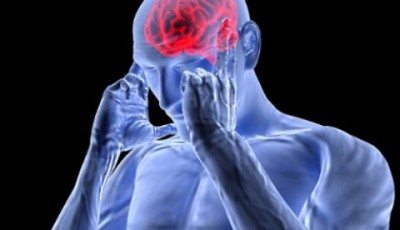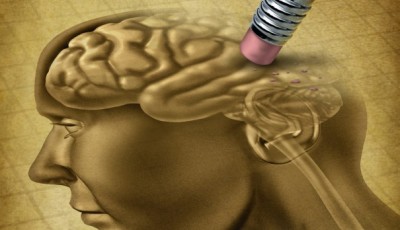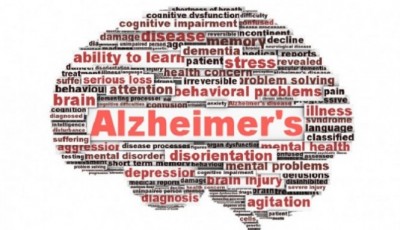Exercise good for brain, even for those with Alzheimer’s
Cognitive neuroscientist Laura Baker of the Wake Forest School of Medicine in North Carolina conducted a study using 70 persons with Alzheimer’s Disease, and presented her results on the conference’s final day. Lots of research shows physical activity can improve cognition in healthy older people, potentially lowering their risk of developing dementia.
In older adults with mild cognitive impairment – a condition that frequently precedes an Alzheimer’s diagnosis – one study found that a program of regular intensive aerobic exercise reduced the quantity of tau protein found in cerebrospinal fluid – a rough measure of its presence in the brain.
“Past research shows that aerobic exercise not only decreases heart health risk factors but may also improve brain structure and function”.
The effects were modest, but specialists say they indicate exercise is a good idea for people with Alzheimer’s or those who are at high risk. “These findings are important because they strongly suggest that a potent lifestyle intervention such as aerobic exercise can impact Alzheimer’s-related changes in the brain”, Baker wrote in a statement. “No now approved medication can rival these effects”.
In a second study, Dr. Steen Hasselbalch of the University of Copenhagen in Denmark and colleagues randomly assigned 200 Alzheimer’s patients to either do an hour of vigorous exercise three times a week or continue their normal lives for four months. Baker reported to the conference that the patients who had exercised also had better blood flow to the brain and showed a marked improvement in ‘executive functions;’ skills such as attention span, planning and organizational abilities.
-At the University of British Columbia, researchers studied 60 seniors with a different kind of mild memory impairment – caused by clogged arteries – and found six months of mostly treadmill exercise triggered improvements on cognitive tests.
By the end of the study, the researchers discovered that participants who were part of the exercise group experienced relatively fewer neuropsychiatric symptoms which include depression, anxiety and irritability, compared to those who belonged to the control group. Those who exercised the most and the hardest scored significantly better on the Symbol-Digit Modalities test.
“This calls for further study of multimodal treatment strategies, including lifestyle and drug therapies”. Until then, the aging population is constantly being exposed to the dangers that dementia and Alzheimer’s in particular present. There’s no cure, and treatments do not work well. Along with amyloid plaques, tau proteins accumulate in the brain to form tangles that gum up thinking and kill off brain cells in patients with Alzheimer’s.
At the same time, you don’t have to wait until you reach senior age to start doing more crossword puzzles, or take piano lessons or learn German – keeping the brain engaged should be a top priority for people of all ages, as it offers a strong protection against memory loss. They don’t have confidence in their own ability.












